AS PART of its broader plan to tackle declining sales and profit, Edcon’s core Edgars chain is undergoing changes to try to claw back market share.
"We’ve moved towards more local sourcing, so we can buy some more private label and desensitise ourselves to our international brands," CEO Bernie Brookes said.
The move to high-margin private labels comes after the group, under former CEO Jürgen Schreiber, signed agreements with a slew of global fashion retailers for shop-in-shop and monobranded stores aimed at increasing footfall and making itself attractive to higher-end customers.
"We’ve been renegotiating contracts with international suppliers like Dune and Tom Tailor to try and minimise our exposure and both the amount of space in store and the number of products ," Mr Brookes said.
"We’ve also started employing designers to design private label product and we’ve stepped up some of our orders for summer," he said.
In a trading update, the group said on Friday that while cash sales growth had risen 4%, credit sales growth dropped 9.9%, affecting total retail sales, which fell 1.7% to R8.69bn in the three months to December.
Profit from continuing operations came in at R2.97bn.
The retailer, whose chains include CNA and Legit, said the overall trading environment remained challenging during the quarter due to higher income taxes, increased unemployment, rising interest rates and a sharp depreciation in the rand.
The debt-burdened retailer said it was eyeing about R500m in cost savings — half through redundancies in head office jobs and the rest from curbing travel, advertising, and security costs.
Edcon, once one of the retail sector crown jewels, was bought by Bain Capital for R25bn in 2007 in a deal that burdened the retail group with debt.
Mr Brookes joined Edcon last September. He was formerly the CEO of Australian department store Myer, rival of Woolworths-owned David Jones.
"I don’t see a buoyant (economic) environment. It’s now all about stealing (market) share," he said.
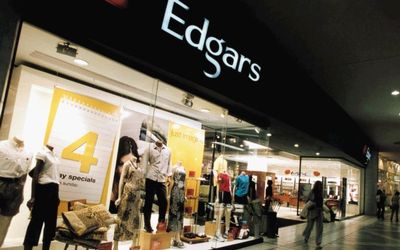
Picture: Robbie Tshabalala
AS PART of its broader plan to tackle declining sales and profit, Edcon’s core Edgars chain is undergoing changes to try to claw back market share.
"We’ve moved towards more local sourcing, so we can buy some more private label and desensitise ourselves to our international brands," CEO Bernie Brookes said.
The move to high-margin private labels comes after the group, under former CEO Jürgen Schreiber, signed agreements with a slew of global fashion retailers for shop-in-shop and monobranded stores aimed at increasing footfall and making itself attractive to higher-end customers.
"We’ve been renegotiating contracts with international suppliers like Dune and Tom Tailor to try and minimise our exposure and both the amount of space in store and the number of products ," Mr Brookes said.
"We’ve also started employing designers to design private label product and we’ve stepped up some of our orders for summer," he said.
In a trading update, the group said on Friday that while cash sales growth had risen 4%, credit sales growth dropped 9.9%, affecting total retail sales, which fell 1.7% to R8.69bn in the three months to December.
Profit from continuing operations came in at R2.97bn.
The retailer, whose chains include CNA and Legit, said the overall trading environment remained challenging during the quarter due to higher income taxes, increased unemployment, rising interest rates and a sharp depreciation in the rand.
The debt-burdened retailer said it was eyeing about R500m in cost savings — half through redundancies in head office jobs and the rest from curbing travel, advertising, and security costs.
Edcon, once one of the retail sector crown jewels, was bought by Bain Capital for R25bn in 2007 in a deal that burdened the retail group with debt.
Mr Brookes joined Edcon last September. He was formerly the CEO of Australian department store Myer, rival of Woolworths-owned David Jones.
"I don’t see a buoyant (economic) environment. It’s now all about stealing (market) share," he said.


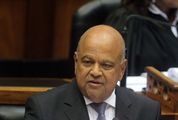

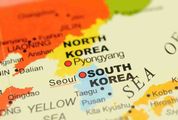

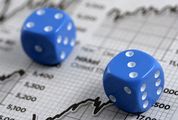


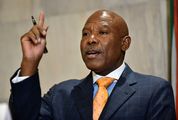

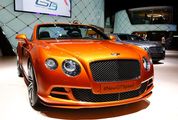
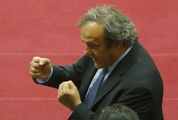









Change: 1.30%
Change: 1.45%
Change: 0.91%
Change: 1.21%
Change: 2.00%
Data supplied by Profile Data
Change: -0.09%
Change: 0.20%
Change: 1.30%
Change: 0.00%
Change: 0.41%
Data supplied by Profile Data
Change: 0.01%
Change: -0.01%
Change: -0.03%
Change: -0.07%
Change: -0.11%
Data supplied by Profile Data
Change: 0.10%
Change: 0.21%
Change: -0.07%
Change: -0.19%
Change: -0.35%
Data supplied by Profile Data